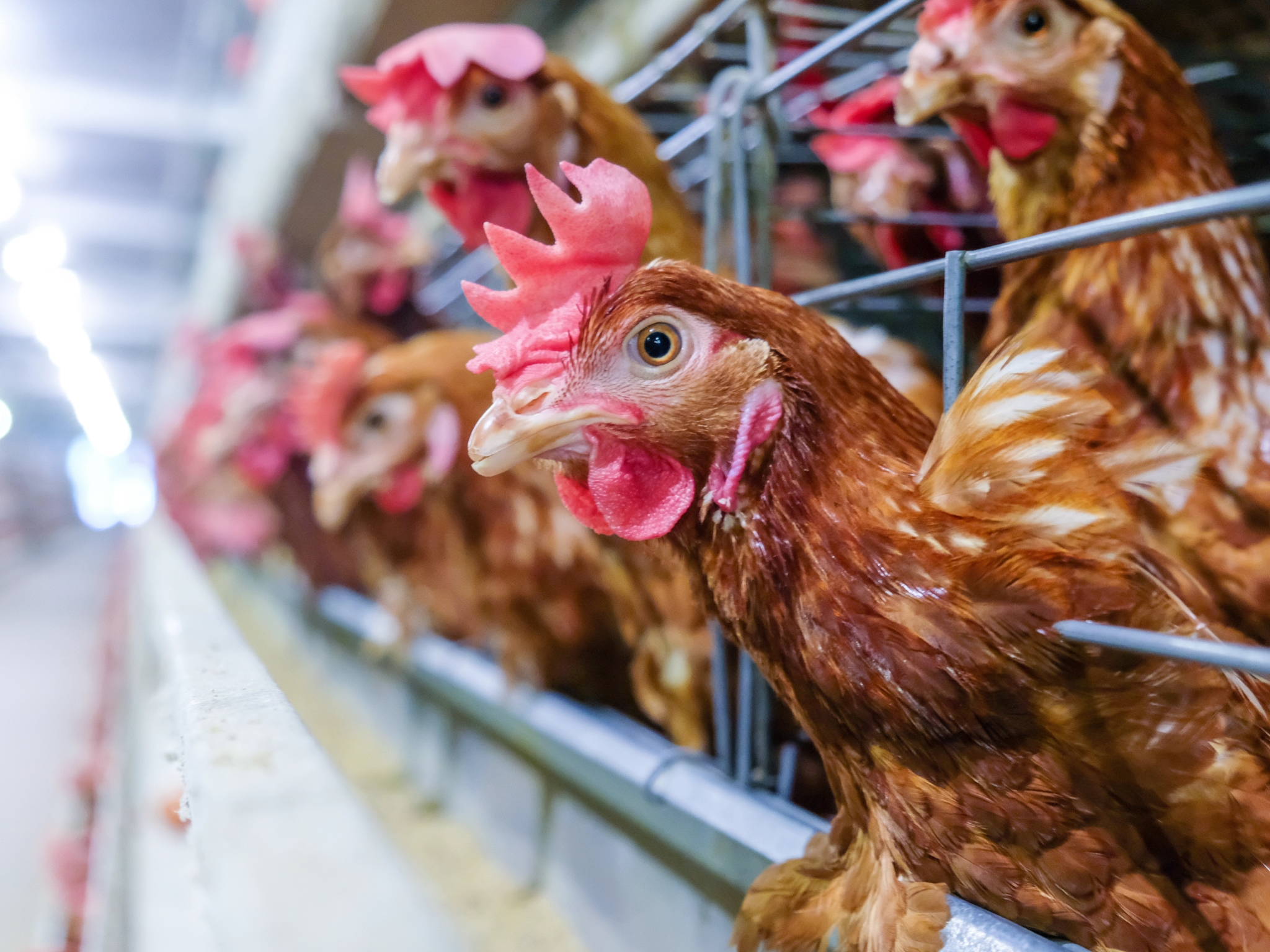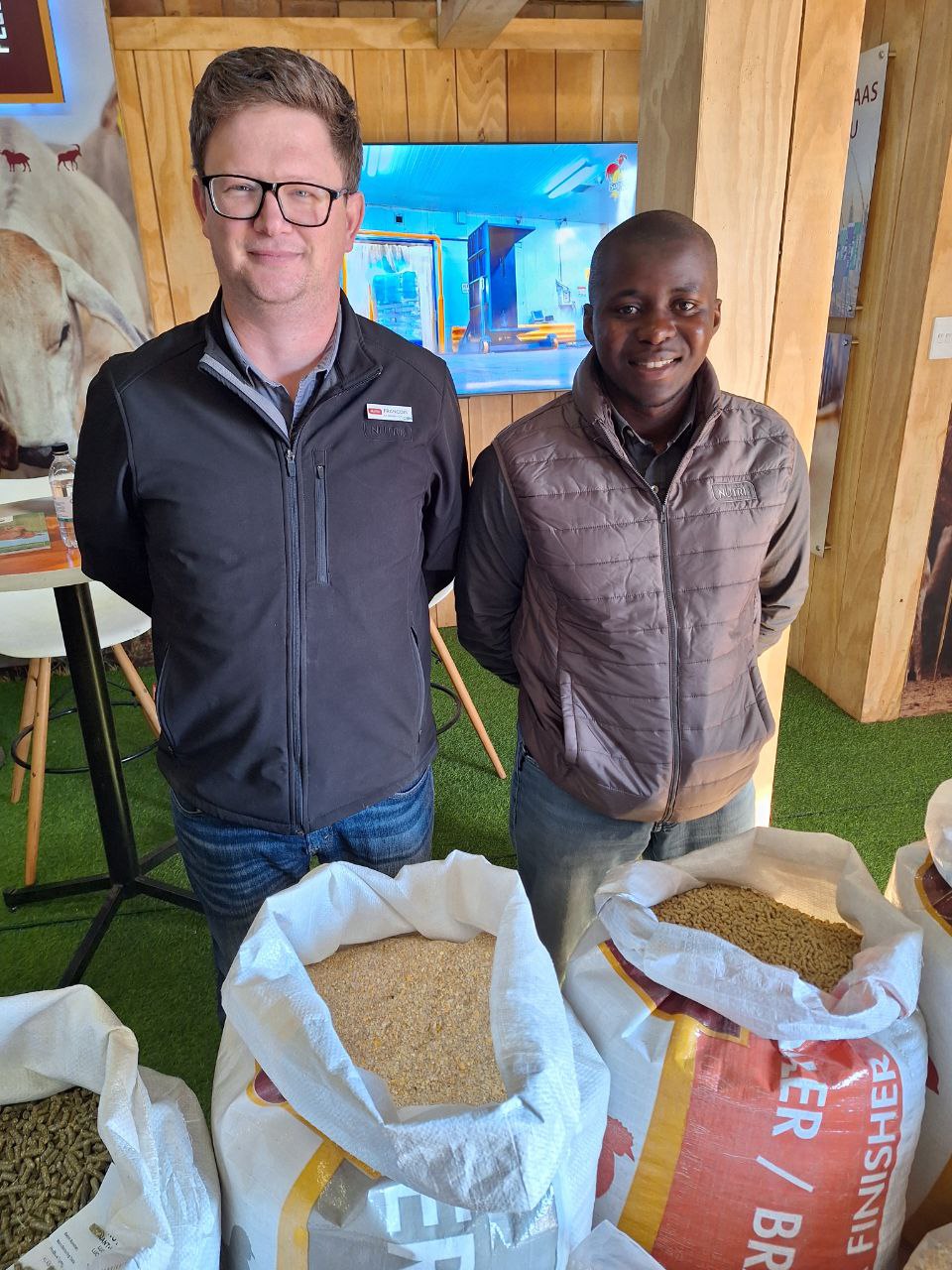Agriculture
Good stockmanship for successful egg production─── 05:00 Tue, 04 Jun 2024

Be a sensible farmer – employ your senses to ensure your layer hens are in good condition for optimal production.
Starting a layer farm requires careful consideration of several factors to ensure success. Ofhani Mavhungu, a technical adviser at NUTRI Feeds, said choosing the right operational model is crucial. Prospective farmers must decide between battery cages and free-range systems – each with unique challenges. Understanding these challenges and planning management strategies is vital for making informed decisions.
Feeding programmes play a significant role in the productivity of layer birds. Birds at different stages of their laying cycle — whether just beginning to lay, at peak production, or in the later stages — require different nutritional needs.
‘Ensuring the correct type of feed is given’
Mavhungu emphasised the importance of following a well-structured feeding plan provided by feed manufacturers, ensuring the correct type of feed is given at the appropriate stages to maintain optimal health and production levels.
Good stockmanship is another cornerstone of successful layer farming. Mavhungu said the necessity for stockmen to rely on their senses — sight, hearing, touch, smell, and taste — to monitor the well-being of the birds. For instance, inspecting water quality visually and through taste can prevent health issues, as chickens will avoid drinking contaminated water.
‘Regularly testing water quality’
If you can’t drink the water, the chickens likely won’t drink it. Regularly testing water quality and observing birds' behavior can help identify potential problems early.
Effective management also involves meticulous record-keeping. Without accurate records, farmers cannot measure or manage their operations effectively. Recording feed intake, water consumption, temperature, mortality rates, and egg production provides invaluable data. This information helps farmers detect deviations from normal patterns, identify underlying issues, and implement corrective actions promptly.

Keeping chickens in battery cages is one option for layer hens to produce eggs. Photo: Getty Images
For instance, monitoring water intake can reveal changes due to temperature fluctuations or water quality issues. Similarly, recording the temperature inside the houses helps in maintaining optimal conditions. Keeping track of bird weight is essential, as both underweight and overweight birds can suffer from health problems that affect egg production. Additionally, egg production records help identify non-laying hens, allowing for targeted investigations into potential health or environmental issues.
In essence, record-keeping serves as a foundation for continuous improvement in layer farming. By confronting and understanding the realities of their operations through accurate data, farmers can make informed decisions that enhance productivity and efficiency.

Francois la Grange and Ofhani Mavhungu from NUTRI Feeds at NAMPO Harvest Day. Photo: OFM
OFM Agri dg













